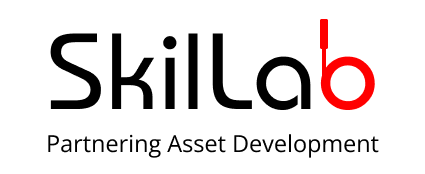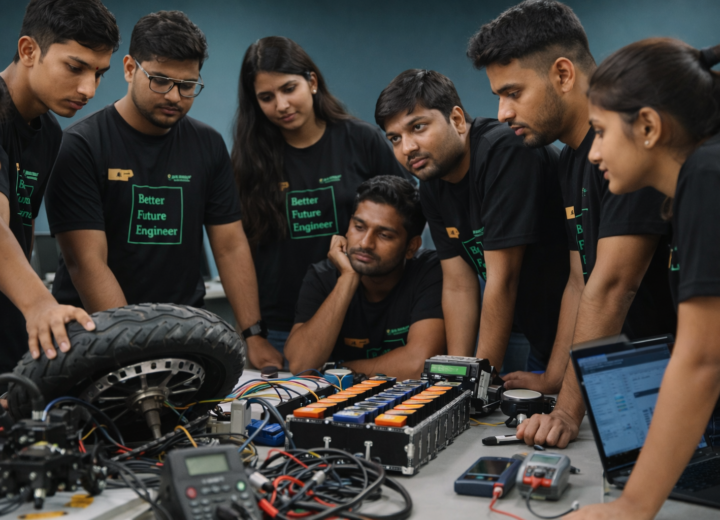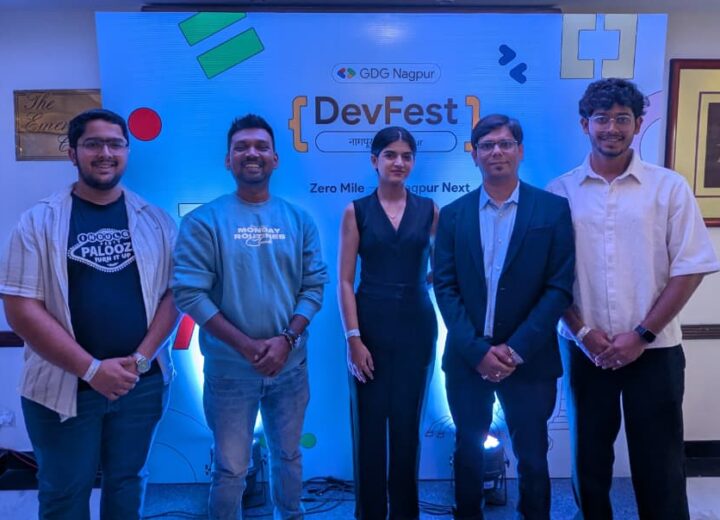AI isn’t replacing recruiters- it’s rewriting the rules of recruitment.
In a world where business agility is the key to growth, talent acquisition remains one of the most critical yet complex challenges. With the influx of resumes, mounting expectations for diversity and inclusion, and pressure to hire faster and smarter bringing value to the organization, recruiters are at a crossroads. Enter Artificial Intelligence (AI).
Organizations that have embraced AI in hiring are witnessing not only operational efficiency but also a paradigm shift in the way they identify (data acquisition), evaluate (screening), and engage talent.
In this blog, we delve deep into the onset of AI in recruitment, its importance, real-world use cases, and how it’s actively revolutionizing talent acquisition today.
The Onset and Impact of AI on Talent Acquisition
The integration of AI in recruitment began with automating repetitive and manual tasks but has quickly evolved into a strategic asset. Today, AI helps recruiters use data to make better decisions by scoring resumes, automatically communicating with applicants, and even forecasting how successful a hire might be.
AI is eliminating common issues such as resume overload, unfair bias, low interest from job seekers, and unstructured interviews. With AI, companies now hire faster and more fairly by using clear data instead of guesses.
Why AI is Crucial in Recruitment
Hiring isn’t just about filling a job anymore. It’s about finding the right person at the right time. Since most job posts get over 100 resumes, recruiters need smart tools to find the best people quickly.
Here’s how AI makes a difference:
- AI Resume Screener: AI can screen thousands of resumes within seconds, ranking candidates based on their match to well-defined job descriptions.
- AI Voice Call Agent: An AI-driven voice agent that replicates the initial recruiter screening process, evaluating candidates on key parameters such as basic qualifications, communication clarity, and alignment with organizational culture
- AI Chatbots for Engagement: AI-powered bots engage candidates through personalized messaging over WhatsApp, providing updates and answering FAQs instantly.
- Bias Mitigation: Algorithms trained on inclusive datasets help reduce unconscious human bias in the selection process.
- Time-to-Hire Reduction: With automation across sourcing, screening, and interviewing, companies can cut their hiring cycles by 50–60%.
AI doesn’t just speed things up; it enhances quality, fairness, and candidate experience.
How AI is Evolving the Talent Acquisition Domain
Let’s explore the most impactful AI tools transforming hiring today, broken down into what they are, why they matter, and how they work in practice.
AI Resume Scoring
What It Is: AI resume scoring uses algorithms to evaluate candidate resumes based on various criteria such as skills, experience, education, certifications, projects, employer culture, hiring mandates and even writing style. It ranks candidates based on how well their resume matches the job description.
Why It Matters: Looking through resumes by hand takes a lot of time and can lead to mistakes. Recruiters often spend less than 10 seconds on each one, so good candidates may be missed. People may also bring bias into their choices without meaning to. AI helps by making this step faster, fairer, and more accurate.
How It Works: AI uses Natural Language Processing (NLP) to read and interpret resumes. It compares resume data against a job description, identifying keyword matches, relevant experience, educational background, and skills. Machine learning algorithms then assign a score to each resume. The highest-ranking profiles are pushed forward for recruiter review.
Some platforms even offer explanations behind scores (AI Sentiment), helping recruiters understand why a candidate ranked high or low, adding a layer of transparency.
Real-World Impact: Companies using AI resume scoring have reported a 60% reduction in time spent on screening and a 70% increase in candidate quality.
AI-Powered voice agent
What It Is: AI voice agents act like a recruiter’s first call. They quickly collect important details from job seekers to help pick the right ones faster. This boosts how much candidates stay involved and saves time before technical interviews.
Why It Matters: Initial phone screenings are repetitive and consume a lot of recruiter time. AI can conduct hundreds and thousands of these simultaneously; ensuring that only hygiene-fit candidates make it to the next round. It also ensures a consistent and unbiased evaluation process.
How It Works: Candidates interact with an AI system via AI agent voice and Chatbot. The AI evaluates the responses based on keyword usage, clarity, confidence in tone, job-specific knowledge, enthusiasm, and authenticity.
Recruiters receive a summary report with scores, key insights, and sentiment analysis, helping them make faster and better-informed decisions.
Real-World Impact: Organizations have reported up to 60% faster screening processes and improved candidate satisfaction due to quick response times and smoother experiences due to consistent WhatsApp updates via chatbot.
AI Live Interview Modules
What It Is: These are real-time video interview platforms enhanced with AI capabilities that assist during live interviews. The AI observes the candidate’s responses, analyzes behavior, and provides real-time feedback and post-interview analytics.
Why It Matters: Live interviews often suffer from subjectivity and inconsistent evaluation standards. AI provides a data-backed layer of assessment that supports human decision-making, helping ensure every candidate is evaluated fairly.
How It Works: During the interview, the AI system tracks verbal cues (tone, vocabulary, speaking speed) and non-verbal cues (eye contact, facial expressions, body language). It flags patterns such as overconfidence, uncertainty, or potential red flags.
Post-interview, it generates a report comparing candidate performance to benchmarks such as technical, interpersonal skills and cultural fit.
This allows interviewers to focus more on the conversation while the AI handles the analytics.
Real-World Impact: Companies using AI-assisted live interviews have noted a 40% improvement in interview quality and a 25% reduction in hiring bias.
The Future of AI in Hiring
AI in recruitment is still evolving. Future trends point toward even more personalized candidate experiences, predictive analytics for employee success, and AI-assisted onboarding processes. Integration with ATS systems will make the entire hiring cycle seamless and data-rich.
However, ethical considerations like data privacy, algorithmic bias, and candidate transparency must be proactively addressed. Responsible AI use, combined with human judgment, will define the next era of smart hiring.
Things to watch
AI is not replacing recruiters, it’s empowering them. By handling the heavy lifting of resume screening, initial interviews, and real-time assessments, AI frees recruiters to do what they do best: connect with people
Companies that adopt AI early in their hiring journey are not only attracting top talent faster but also building more inclusive, data-driven, and scalable recruitment systems.
If you’re looking to future-proof your hiring strategy, now’s the time to explore how AI can help you win the talent war.





